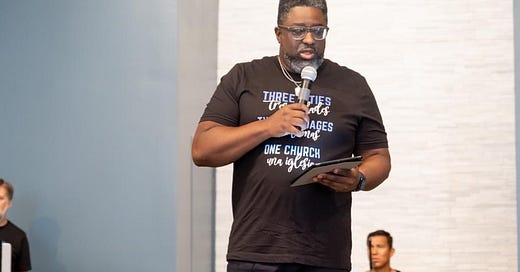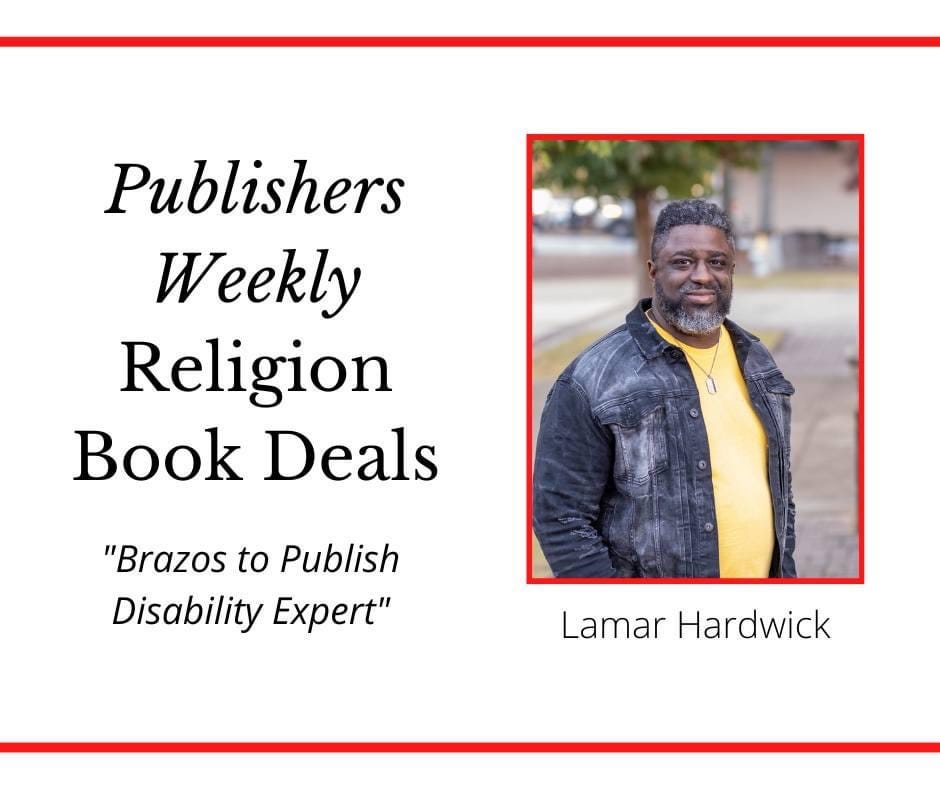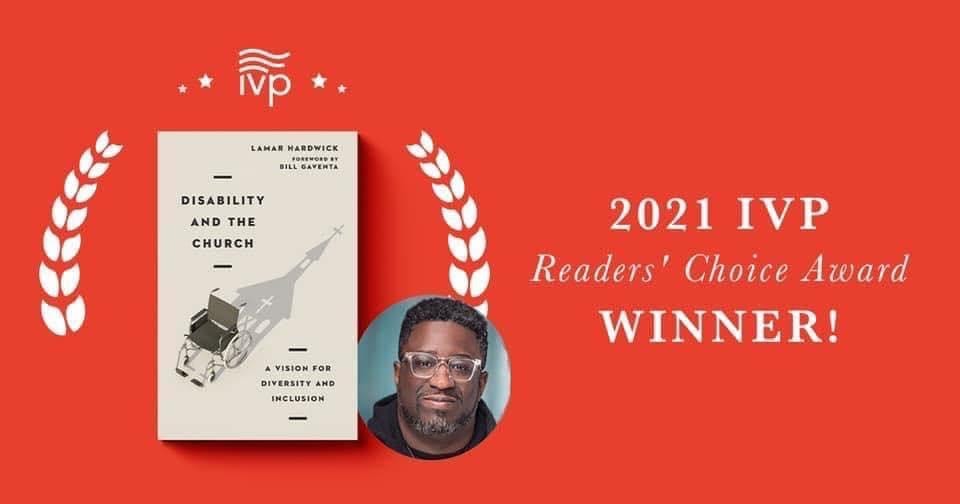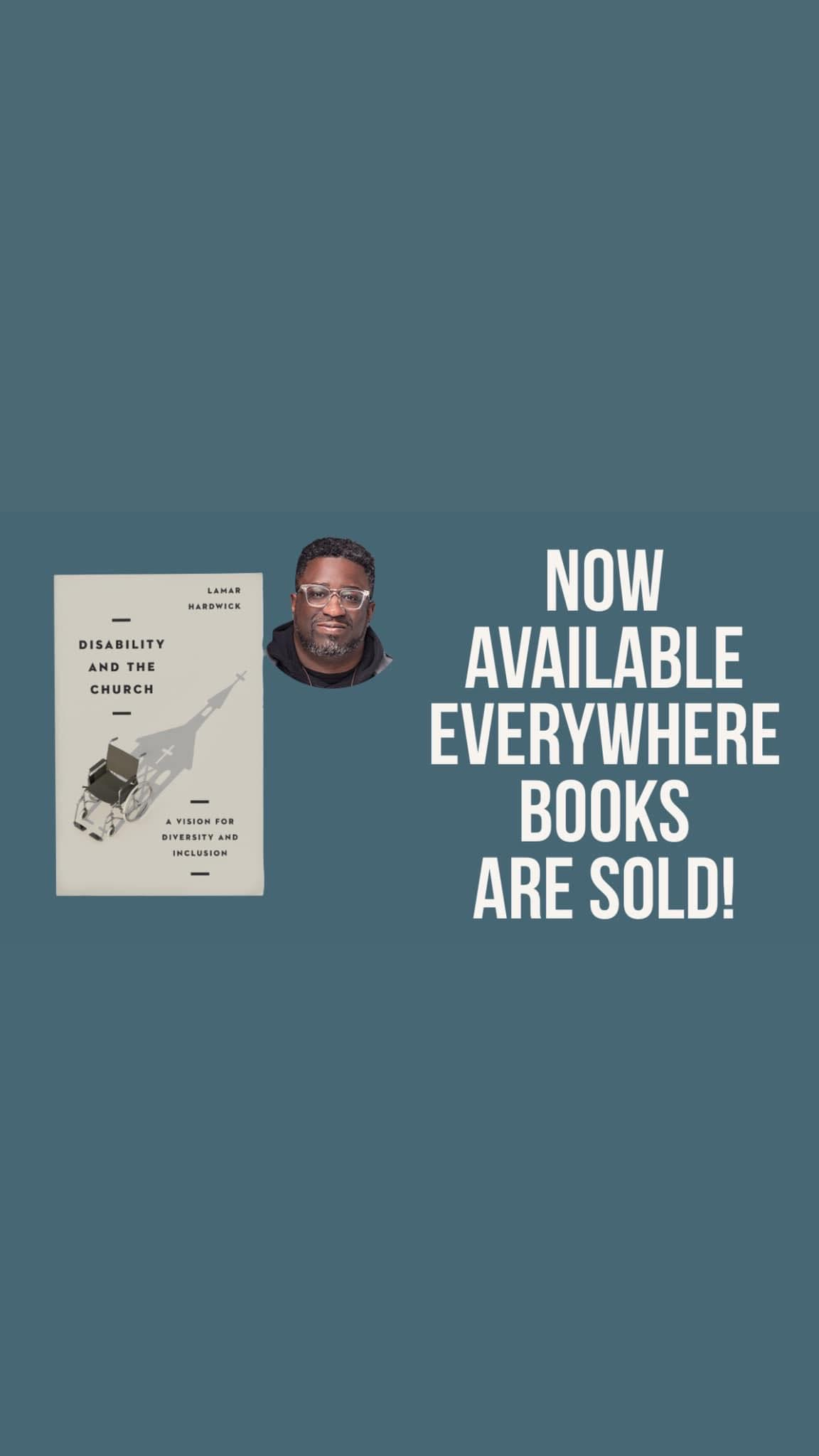What You Need to Know About What You May Never Know
A sneak peek at a new book I’m working on.
Since returning to cancer treatment for what is now stage four rectal cancer, I’ve had to eliminate a lot of activities. I’ve have to cancel several speaking engagements last year and this year, and I’ve had to once again take a medical leave of absence from my PhD program. Needless to say I’ve been really disappointed but treatments are going well and I plan to be completely cancer free by the end of 2023.
On a good note, I’ve had plenty of time to write, which I love to do. My next book with Brazos Press is currently in the editing and galley phase.
It’s still set to be released sometime in the spring of 2024 and the current title is How ableism fuels racism: dismantling the hierarchy of bodies in the church. I’m really proud of the work I put into this book so I pray you will enjoy it. It covers some very tough subjects and I’m already prepared for some of the push back I might receive. As a friend said once, if you set out to write anything prophetically it’s most certainly not going to be popular with everyone. Thankfully, battling cancer has made be ok with that reality.
In addition to that book, I’ve been working on a new manuscript and proposal for a new book that I’m hoping to sign a deal on before the end of the year.
It’s part memoir and part theological reflection as I peel back the curtain on my battle with cancer and the role it is playing in my own deconstruction journey (although I’m not fond of that term)
In it I offer insight into how faith evolves and why the deconstruction movement can/should consider the wisdom of those living with disabilities and chronic illnesses and other marginalized groups because they have long been a driving force for improving the church and addressing toxic theology that alienates and harms people.
Anyway, not being able to sleep much due to the steroids I’m taking during chemotherapy has given me lots of time to write. I’m currently five chapters into this new work, so I thought I’d share a short sneer peak from chapter one. Remember the manuscript has not been edited for publication yet.
Enjoy
Certainty Helps us Feel in Control
Knowing things helps us feel a certain level of control, but what a sense of control gives us is what we are all really after. Power. There’s probably no worse feeling in life than a sense of powerlessness. If you’ve ever found yourself feeling as though you have absolutely no influence on the outcome of a situation , then you know exactly what I’m talking about. Having things happen to you, around you, for you, or without you or your consent often brings a wave of hopelessness over you like clouds rolling in before a powerful storm strikes. Powerlessness feels dark. It casts a shadow over our need for certainty, knowledge, power, and control and if we find ourselves able to survive a season where life is constantly happening to us, we silently vow never to allow life (or people) to wield that kind of power over us ever again.
Perhaps that’s why we a so stubborn with needing to be knowledgeable about everything. It could be why we aimlessly search the internet trying to find out the information, everything from what the weather will be in the next few days to the actual net worth of our favorite celebrity. We love to be knowledgeable. We crave certainty. We want information and knowledge to give us the power to protect ourselves from life (and people) pushing us around.
Peter Enns, author of The Sin of Certainty: Why God Desires Our Trust More Than Our “Correct” Beliefs, puts it this way ,“The need for certainty is sin because it works off of fear and limits God to our mental images.” According to Enns, our incessant need for certainty, or knowledge, is in fact a sin that is rooted in fear and ultimately causes us to box God into a mental image that is far too myopic to capture the full essence of God’s character, nature, and intentions. Simply put, our need for certainty makes us guilty of creating God in our own image, an image that, for all intents and purposes, proves time and time again to be both puny and pitiful.
The question is, if the sin of certainty is rooted in fear, then what are we actually afraid of? We’ve already pointed to our need to use knowledge for control and that our need for control is really all about power, so maybe we have an issue with power. What if our actual issue, not the one we have been claiming, but our real honest to God issue is God? What if we need knowledge, and we crave certainty because we lust for power because we don’t believe that God can be trusted with unlimited power and rather than surrender ourselves to an ultimate power, we would rather wrestle it away from God because if the day comes, we will need it to protect ourselves from God?
There’s a truth that I try to hold on to when times get tough and when I crave the need to use knowledge and certainty to create the type of power. I believe I need to protect myself, even from God. That truth is this; I can’t recall a time that I obeyed God and later thought, “I really regret doing that.” Let that sink in for a minute. Somehow as I review life in reverse and peer back into my past, in the moments that I summoned up the courage to abandon my need for certainty, knowledge, and power, I found a greater sense of peace in following God’s path and not my own. There’s a word we used to describe those moments, however few they come. That word is obedience.
The question is, if I know this to be true and I can look back and see evidence that abandoning control and power always yields a harvest of peace, then why do I continue to have moments and seasons of disobedience? Here’s what I discovered about me, and I am fairly certain it is also true about you. Are you ready? Disobedience is really a defense mechanism. We don’t just disobey God because we feel unsure; we disobey God because we feel unsafe.






